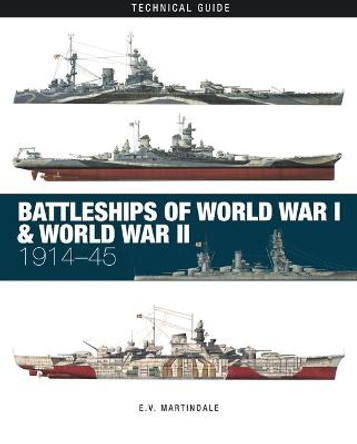Description
About the Author
Christopher E. Mauriello is professor of history and director of the Center for Holocaust and Genocide Studies at Salem State University.
Reviews
Mauriello (Salem State Univ.) explores several critical episodes in the closing weeks of Germany's defeat in 1945. US Third Army soldiers, pushing through eastern Bavaria along the Czech border, came across victims of the death march from the Flossenburg concentration camp. Corpses dotted the landscape, victims of mass murder; some lay scattered along the countryside, while others were buried in shallow graves. Some locals knew of the victims, but many did not. Coming across this brutality altered US troops' perception of the region's civilian population. In a very short time, Americans moved from seeing themselves as liberators to men dedicated to justice for the victims. Spontaneously, officers compelled village leaders and residents to view the remains where found, then to dig up the decayed corpses from shallow graves, build coffins, and rebury the dead with honor. In the process, public processions of the victims served as a vehicle to lecture the Germans on their own collective guilt. By the third week of these rituals, where soldiers often denied civilians the use of gloves or masks in handling the dead, a growing sense of victimization grew among the Germans. Resentment among villagers turned the Americans from liberators into occupiers who unjustly punished those whose only crime was to live under Nazi rule. Summing Up: Recommended. Graduate students/faculty. * CHOICE *
In Forced Confrontation, Christopher E. Mauriello recounts the evolution of American soldiers' efforts to comprehend evidence of Nazi mass murder and to avenge the heinous crimes. His work contributes to debates about collective guilt, early US occupation policies, and the formation of collective memories of the Holocaust. Engagingly written, the book effectively combines US military and local German history to capture the chaos of interregnum Germany in April-May 1945. -- Margarete Myers Feinstein, Loyola Marymount University
In his rich, microhistorical study of the complex dynamics shaping encounters between the US military and the native German population in the last months of the Second World War, Christopher E. Mauriello takes the reader on a compelling tour through the Bavarian countryside, a 'zone of death' scattered with mass graves and provisionally buried corpses of the victims of Nazi death marches. By focusing on performative and deeply politically inflected spaces opened by forced exhumations and ritualized reburials, Mauriello dissects the political and affective logic behind blanket accusations of collective guilt, but also brings into the analysis actors far too often excluded from studies on the immediate responses to mass death and destruction arising from the war: dead bodies in their disturbing physical and sensuous presence and the ability to fashion relations among the living. -- Zuzanna Dziuban, University of Amsterdam
This study provides a timely examination of the actions and demeanors of bystanders of the Holocaust, a growing but relatively overlooked area of Holocaust studies. Christopher E. Mauriello's analysis of the American army's spontaneous actions of disciplining and punishing the German civilian population-mobilizing it to assist the dead-unveils a dramatic performance of power, guilt, and shame. It offers much needed insight into the necropolitics of postwar Germany and Central and Eastern Europe more generally, as well as how societies might be transformed when confronted with human remains. -- Roma Sendyka, Jagiellonian University
Although much has been written about the liberation of the concentration camps by Allied forces at the end of World War II, and the impact that such a harrowing encounter had on the soldiers who witnessed the horror at first hand, relatively little research has been carried out on the experiences of those American GIs who discovered the graves of the thousands of victims who died on the forced marches across Germany as the Axis forces faced defeat. Christopher E. Mauriello's detailed and evocative account of the confusion and chaos that typified this period is an exemplary investigation into a crucial moment in history, when US servicemen independently felt the need to inflict a form of communal justice and retribution on the German communities that they took responsibility for. In a series of detailed case studies of four towns, combining exhaustive primary source research with eyewitness testimony, Mauriello weaves a rich and deep narrative that demonstrates the shock of the liberators as they discovered the brutal aftermath of Nazi rule, and their sense of outrage that propelled them to exact justice on the local population who they held accountable for the crimes of the regime. -- Paul Lowe, University of the Arts London
Book Information
ISBN 9781498548076
Author Christopher E. Mauriello
Format Paperback
Page Count 252
Imprint Lexington Books
Publisher Lexington Books
Weight(grams) 408g
Dimensions(mm) 219mm * 154mm * 16mm




